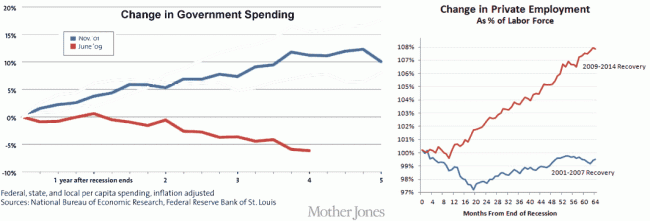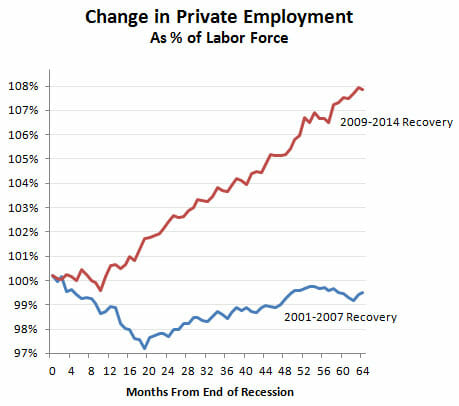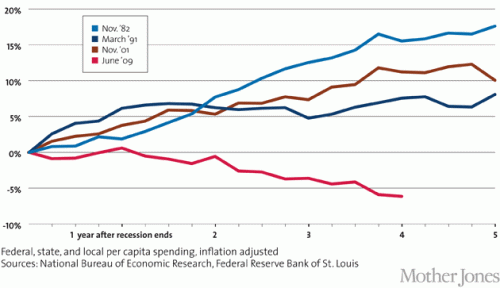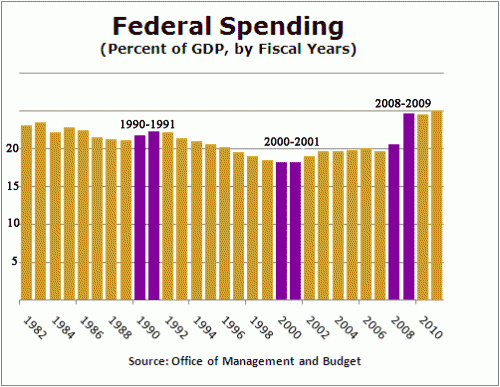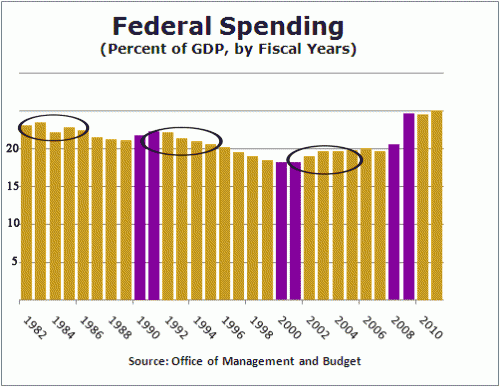Ideological Turing Test Fail
Kevin Drum claims to want to really understand the Trump voter. I will let you read it to see what you think, but here was my comment:
I am all for promoting understanding between our two great national tribes. But you ruin your attempt by whipping out a statement like this: "There are plenty of people who are simply beyond reach for liberals. They’re either racist or sexist or they love guns or maybe they’re just plain mean" Seriously? Back to the old "if you don't agree with me you must be racist?"
Further, you execute the classic tribal maneuver of choosing to take on one of the opposition's silliest niches, rather than their best. This is the equivalent of a Conservative making blanket statements about liberals and environmentalists based on a few of silly folks caught on video signing a petition to ban dihydrogen monoxide.
This does pretty much zero to promote understanding, and in fact is smug arrogance and virtue signalling masquerading as an attempt at understanding.
I think the high minimum wages in California are misguided and actually hurt the poor and unskilled, and I have written about why I think so. But you know what? I can sure as hell publish a one or two paragraph defense of minimum wages that you would never know was written by anyone but a hardcore progressive or Bernie Bro. As another example, I am pro-choice but I have really engaged with anti-abortion folks enough in social settings to infer that they really, truly think that abortion is killing human beings. We pro-choicers like to make ourselves feel better by saying that the anti-abortion folks are anti-women or religious fascists or something, because it is much easier to hate those folks. But it is much harder to hate someone who really, honestly thinks a baby is dying, even if we think they are misguided.
A lot of hate in this country would disappear if people really tried to understand their opponents in terms other than crude smears, like they are racist or sexist or fascist or snowflakes or whatever. So much so that if I were a professor, I think that every day in a class discussion at the halfway mark I would make everyone reverse positions and try to credibly argue the opposite side of the question. When I run my once a year high school economics class, I do exactly this. And I did that for years in high school debate. For a whole year, despite being an ardent free trader, in every other debate I had to argue in favor of protectionism. I think it was good for my soul.
I post this because there seems to always be a 50/50 chance that I will get banned after every comment on Mother Jones. I never use profanity, and always try to be reasonable, but I am on my 3rd or 4th ID at Mother Jones because they keep banning me. I still will always treasure the first time they banned me -- the comment that got me banned is below. I am pretty sure they thought I was promoting the National Rifle Association in my comment, when in fact I was referring to the National Industrial Recovery Act and the NRA blue eagle of the New Deal.
The authors portray this (at least in the quoted material) as an anti-trust issue, but I suspect a bigger problem is the cronyist certificate of need process. In many locations, new hospitals, or hospital expansions (even things as small as buying a new cat scanner) require government permission in the form of a certificate of need. As one may imagine, entrenched incumbents are pretty good at managing this process to make sure they get no new competition. This, by the way, is a product of classic progressive thinking, which in its economic ignorance saw competition as duplicative and wasteful. We are lucky the Supreme Court shot down FDR's NRA or we would have this sort of mess in every industry.




